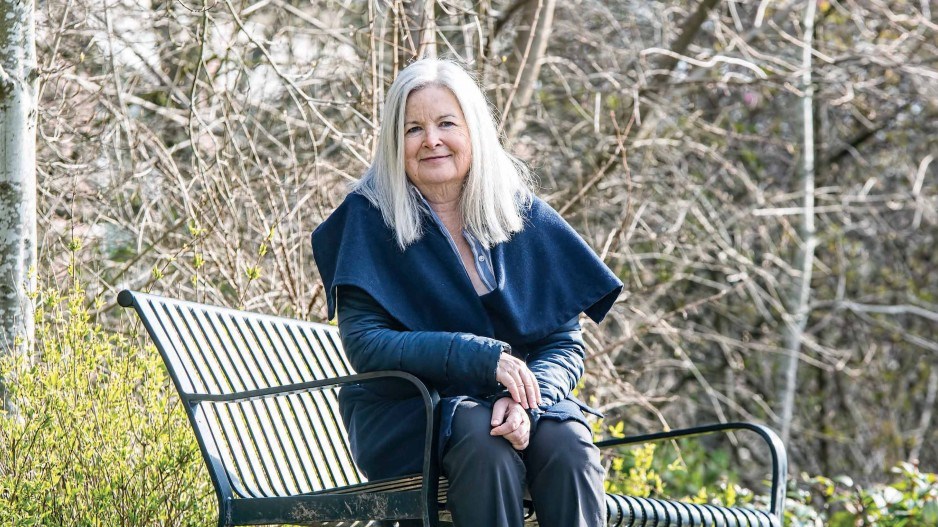It may sound counterintuitive, but if you are already going stir crazy from being stuck at at home during the COVID-19 pandemic, it might help to just sit still.
In the lotus position, if you can manage it.
If you’ve ever flirted with the idea of taking up meditation, and if you are now laid off or stuck working from home and dealing with anxiety, boredom and isolation, now may be a good time to start.
Trying to maintain a daily work schedule from home while you are socially isolated and anxious about your health, your job and the prospect of a global recession can’t help but build up emotional toxins that can lead to anxiety and depression.
Research has shown meditation provides both emotional and physical benefits, said Marian Smith, a registered counsellor and meditation teacher with the Mindful Living Counselling service. In a time of crisis, it can be a good way to steady and focus the mind and tame negative emotions.
“We know that it helps decrease emotional reactivity,” Smith said. “So, that tenandcy to go from zero to 100, which is happening a lot right now in the world. You could get really freaked out about how things are.”
Meditation, she said, can provide “a more measured, a more grounded response to things.”
“It decreases the intensity of anxiety and the frequency of anxiety attacks and how long they last,” she said. “It helps with people’s relationship to pain. There’s a lot of physical benefits in terms of lowering blood pressure and heart rate and increasing immunity, which is a big one right now of course.”
Several clinical studies have concluded that regular meditation may indeed boost the immune system. In an overview of peer-reviewed studies, the U.S. National Library of Medicine concluded in 2016: “Mindfulness meditation may be salutogenic for immune system dynamics, but additional work is needed to examine these effects.”
Starting your morning with 20 minutes of meditation can help you focus, and meditating at night can relax you and help you sleep.
The mindfulness meditation that Smith teaches is a modern secular version of Buddhist vipassana (insight) meditation. It is basically a mental exercise based largely on controlled breathing.
“There’s no candles or incense … and you don’t need to sit on a bench or a cushion,” Smith said. “You can sit on a couch or your office chair.”
But for those who want to try formal Buddhist meditation, there are numerous meditation centres in the Lower Mainland. Because of the current restrictions on large gatherings, some are now moving to online platforms. The Vancouver Shambhala Centre and Mountain Rain Zen Centre are both planning to use Zoom for meditation classes and even upcoming retreats.
While there are plenty of meditation apps – Ten Percent Happier being the most popular – meditation is like yoga: it helps to have some formal instruction to get you started.
One thing meditation trains practitioners to do is to stay more in the moment and not worry so much about what might happen in the future.
“If we try to get our minds around anything that is in the distant future, it is going to overwhelm us,” Smith said. “It’s easier for those of us who have a practice to bring ourselves back into just this moment and not let the mind run amok and spend time ruminating on all these catastrophes that can happen.”
Like so many businesses that are no longer able to have large gatherings, Smith’s counselling service also plans to go online with its group meditation sessions.
“I’ve been resistant to moving to that platform because I just value that face-to-face time,” Smith said, “but this is all we can have.”




